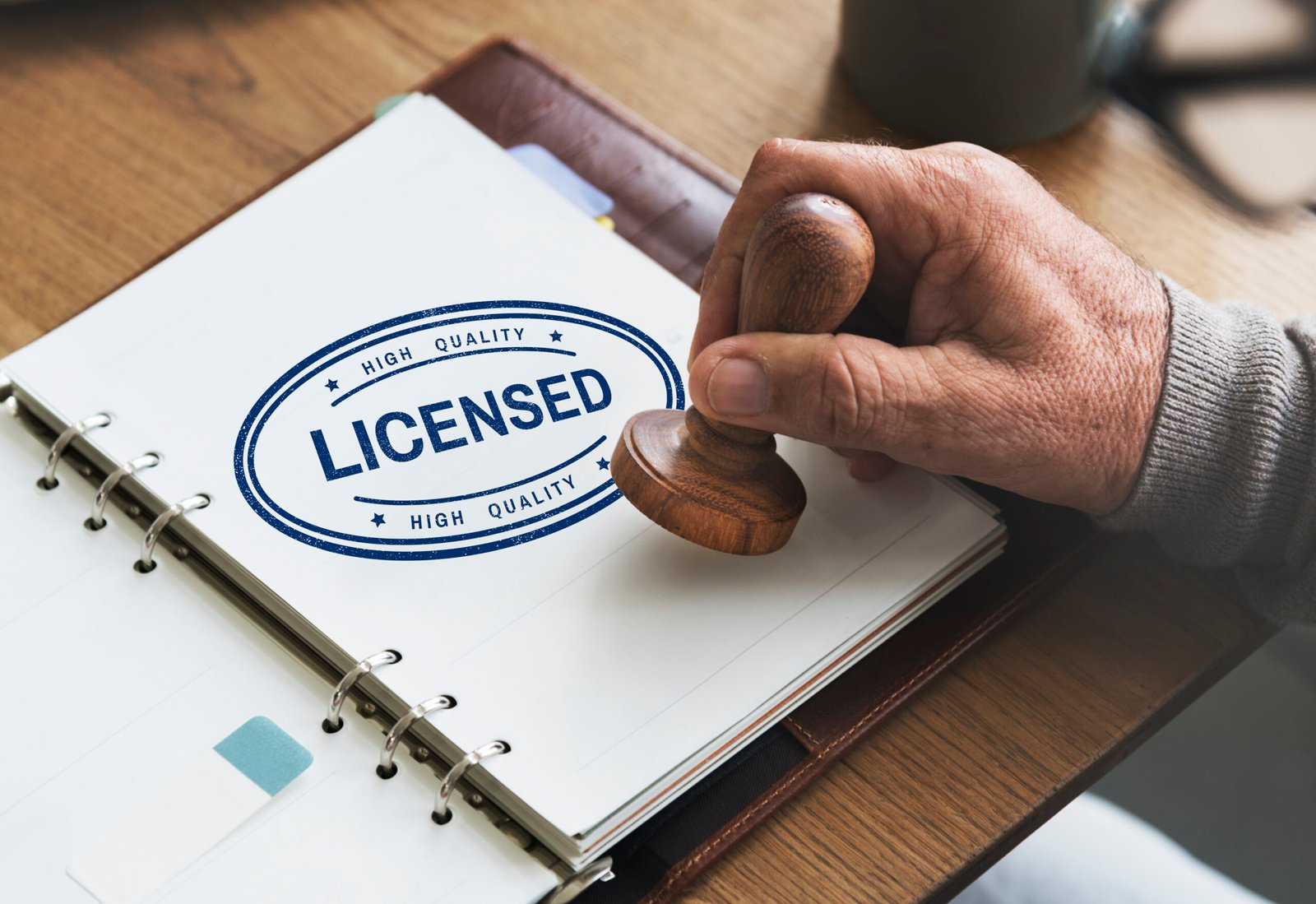Understanding Business Permits and Licenses in Germany
Starting a business in Germany can be a rewarding endeavor, but it requires navigating a complex landscape of permits and licenses. Each industry has specific requirements, and understanding these is essential to ensuring legal compliance and a smooth operational launch. This guide provides an in-depth look at the types of permits and licenses needed for different businesses in Germany and offers practical steps to secure them.
1. Why Business Permits and Licenses Are Important
Permits and licenses are legal authorizations that allow businesses to operate within specific regulatory frameworks. These regulations are in place to:
- Protect Public Safety: Ensure businesses adhere to safety, health, and environmental standards.
- Maintain Fair Competition: Prevent unfair practices by enforcing industry standards.
- Promote Transparency: Ensure that businesses operate within clearly defined legal parameters.
Failing to obtain the necessary permits can lead to fines, legal challenges, or even the closure of your business.
2. Common Types of Business Permits and Licenses in Germany
a) Trade License (Gewerbeschein)
Most businesses in Germany must obtain a trade license, known as a Gewerbeschein, from the local trade office (Gewerbeamt). This license is mandatory for self-employed individuals and companies engaging in commercial activities.
How to Apply:
- Register your business with the local trade office.
- Provide required documents, such as your ID, proof of address, and business registration form.
- Pay the applicable registration fee (typically between €20 and €40).
b) Industry-Specific Licenses
Certain industries require specialized licenses. Examples include:
- Hospitality: If you plan to open a restaurant or bar, you need a food service license and possibly an alcohol license.
- Construction: Builders and contractors may need permits for zoning and environmental compliance.
- Healthcare: Medical practices and pharmacies require professional licenses and facility permits.
c) Professional Licenses
For professions such as architects, lawyers, or engineers, you’ll need to demonstrate qualifications and register with the relevant professional body.
d) Environmental Permits
Businesses with significant environmental impacts, such as factories or waste management companies, must obtain environmental permits. These ensure compliance with regulations related to emissions, waste disposal, and resource usage.
e) Online Business Licenses
If you run an e-commerce business, you must comply with Germany’s stringent consumer protection laws and ensure proper website disclaimers and terms of service.
3. Steps to Obtain Business Permits and Licenses
Step 1: Research Requirements
Identify the permits and licenses applicable to your industry and location. Regulations can vary depending on your business type and the state (Bundesland) in which you operate.
Step 2: Prepare Documentation
Gather necessary documents, which may include:
- Proof of identification.
- Proof of business address.
- Professional qualifications (if applicable).
- Financial statements or business plans.
Step 3: Register Your Business
Complete the registration process with the local trade office (Gewerbeamt). This involves filling out registration forms and paying any associated fees.
Step 4: Apply for Specific Permits
Submit applications for industry-specific licenses to the relevant authorities. Be prepared for inspections or additional requirements, especially in regulated industries like hospitality or construction.
Step 5: Renew and Update Licenses
Many permits require periodic renewal. Stay informed about renewal deadlines and update your licenses if your business expands or changes operations.
4. Challenges and Tips for Navigating the Permit Process
Common Challenges:
- Complexity: Understanding which permits apply to your business can be overwhelming.
- Delays: Processing times for licenses can vary, leading to potential delays in starting operations.
- Regional Variations: Rules may differ across Germany’s federal states.
Practical Tips:
- Seek Professional Advice: Consult legal or business experts to ensure you meet all requirements.
- Use Online Resources: Many state and federal agencies provide detailed guides and online application portals.
- Stay Organized: Maintain a checklist of required permits and keep all documentation in order.
5. Conclusion
Understanding and obtaining the necessary permits and licenses is a crucial step in starting a business in Germany. By thoroughly researching requirements, preparing documentation, and adhering to legal processes, you can ensure compliance and focus on building a successful enterprise. While the process can be intricate, the effort pays off in establishing a strong foundation for your business’s operations.
Whether you’re launching a small local shop or a large-scale enterprise, navigating Germany’s regulatory landscape with care and precision is key to long-term success.

